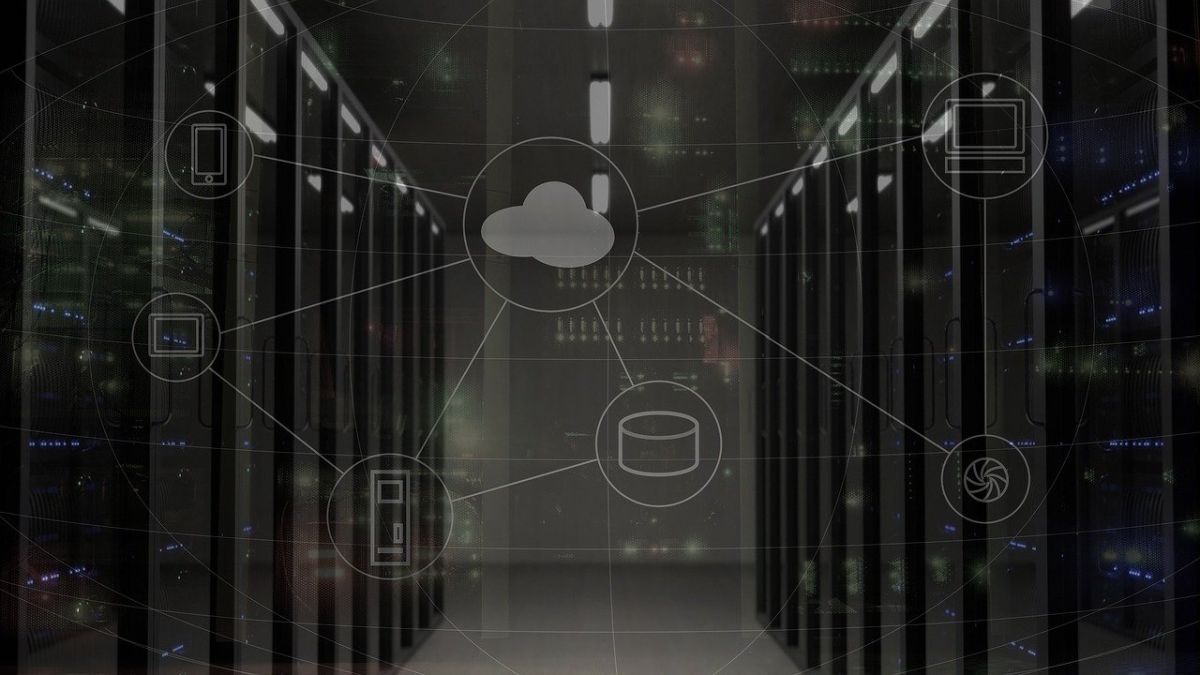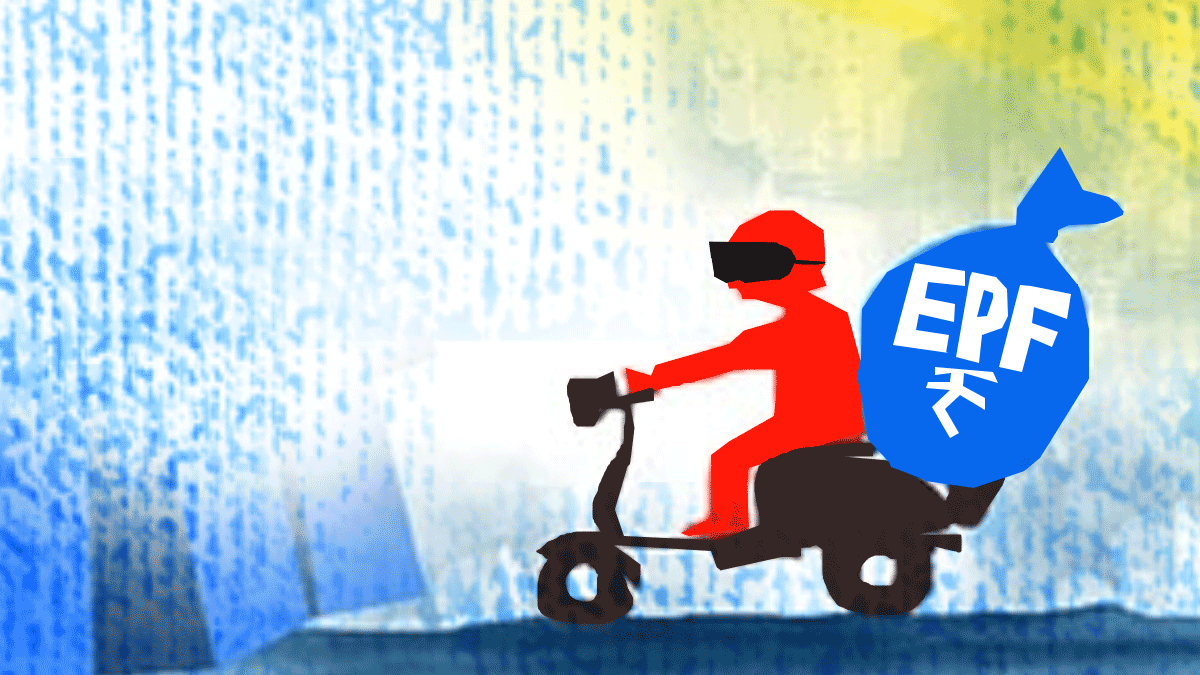2025 has seen a sharp rise in lawsuits targeting IT services and consulting companies, which now increasingly offer proprietary digital platforms and cloud services.

Kindly note the image has been published only for representational purposes. Photograph: Kind courtesy Bethany Drouin/Pixabay
Legal disputes in the information technology services industry are on the rise as firms increasingly move toward platform-based and intellectual property-driven business models.
The latest to face such a case is Mumbai-headquartered Hexaware Technologies.
United States-based firm Natsoft and its subsidiary Updraft have sued Hexaware in America for $500 million for patent infringement.
Natsoft in its filing has said that Hexaware has misused confidential information and technology shared during their partnership to build its own competing platforms.
Hexaware in a regulatory filing said: ‘As per the information available on website of United States District Court, Northern District of Illinois, Eastern Division, we note that a (complaint) has been filed by Natsoft Corporation and Updraft LLC (“Plaintiffs”) against the Company and its material subsidiary ‘Hexaware Technologies Inc’ in the United States District Court, Northern District of Illinois, Eastern Division, alleging infringement of certain patents and breach of contract.
‘At present, the Company has not received any notice or formal communication from the US court or from the Plaintiffs in relation to the aforesaid proceedings.’
This is not the first time that such an intellectual property (IP) infringement case has been filed against an Indian IT services firm.
Tata Consultancy Services, the country’s largest services provider, too was sued by Epic Systems Corporation.
Epic filed the case against TCS in 2014, alleging that the company had ‘stolen’ its intellectual property. The case was filed against TCS and Tata America International Corporation.
The initial damages claimed were $940 million. However, in 2023 the United States supreme court had confirmed punitive damages of $140 million against TCS.
Infosys, India’s second-largest IT services firm, is in a court battle with Cognizant on the theft of trade secrets.
While Infosys filed a counterclaim, the court has asked the companies to settle their differences.
Analysts say such cases will increase in the age of artificial intelligence (AI).
“AI is causing tech services firms to offer intellectual property and hence litigation between software firms and tech services will increase. This means more tech services firms sue other tech services firms,” said Peter Bendor-Samuel, founder and executive chairman, Everest group.
Jaspreet Singh, partner and chief revenue officer (consulting), Grant Thornton, said patent litigation was concentrated among product-based tech giants, especially in the hardware, mobile, and semiconductor sectors.
2025 has seen a sharp rise in such lawsuits targeting IT services and consulting companies, which now increasingly offer proprietary digital platforms and cloud services.
“The use of generative AI and large-language models by legal teams is making the identification of potential infringement and prior art much faster and more rigorous, which expands the scope of litigation activity. Rapid AI adoption means services firms increasingly own or use patented technology, leading to patent-enforcement strategies,” he added.
Jaspreet Bindra, Co-founder, AI & Beyond believed as AI becomes central to delivery, the chances of overlap and unintentional reuse of code, data, or trained models rise significantly.
“It is not always deliberate infringement but often a byproduct of rapid innovation outpacing legal definitions. We are entering an era where contracts will need to clearly define IP ownership, training data rights, and the reuse boundaries of AI-generated assets. These are the growing pains of an industry that is shifting from pure services to AI-powered intelligence,” he added.
Another reason for the higher number of cases of litigation is the intensity of competition and the similarity of delivery platforms.
“It is likely that the slowdown contributes to this as there is aggressive pricing and need to take share from other firms. Hence the increased completive conditions foster this kind of behaviour,” added Bendor-Samuel.
“We anticipate that as AI dominates the tech services industry, competition will increase further.”
Feature Presentation: Aslam Hunani/Rediff




